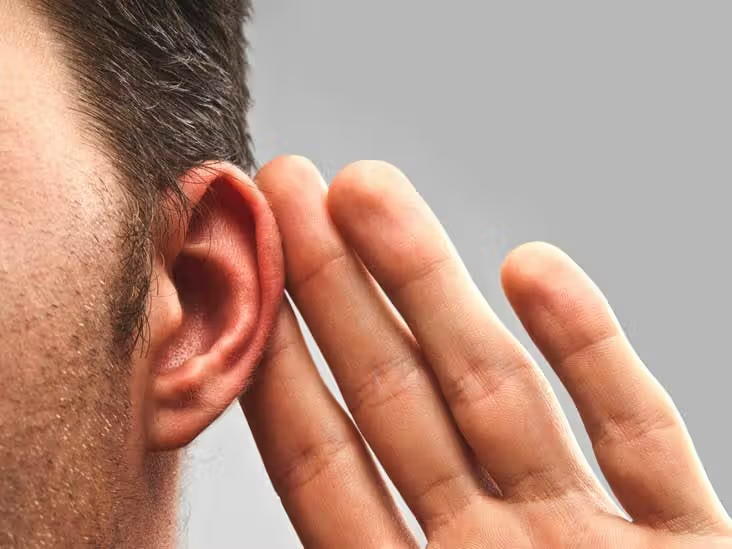Tinnitus, the perception of sound when no external sound is present, can be a frustrating and debilitating condition. While there’s no definitive way to predict its onset, recognizing early warning signs can help you take preventive measures and potentially mitigate its severity.
Understanding the Silent Threat
Tinnitus often develops gradually, making it challenging to pinpoint the exact moment it begins. However, certain risk factors and early symptoms can provide clues.
Risk Factors for Tinnitus
Noise Exposure: Prolonged exposure to loud noise, whether from occupational settings, concerts, or recreational activities, is a major risk factor for tinnitus.
Age-Related Hearing Loss: As we age, our hearing naturally declines, increasing the likelihood of developing tinnitus.
Head and Neck Injuries: Trauma to the head or neck can damage the auditory system and contribute to tinnitus.
Certain Medications: Some medications, particularly those that affect the kidneys or cardiovascular system, can cause tinnitus as a side effect.
Underlying Medical Conditions: Conditions like high blood pressure, Meniere’s disease, and autoimmune disorders can be associated with tinnitus.
Early Warning Signs of Tinnitus
While the exact onset of tinnitus can be subtle, certain early warning signs may indicate an increased risk:
Fluctuating Hearing Loss: Noticeable changes in your hearing ability, such as difficulty understanding conversations in noisy environments or trouble hearing high-pitched sounds.
Ear Pressure or Fullness: A sensation of pressure or fullness in the ears, often accompanied by muffled hearing.
Hyperacusis: Increased sensitivity to sound, where even moderate noise levels become painful or uncomfortable.
Autophony: Hearing an echo of your own voice or other sounds within your head.
Preventive Measures to Reduce Tinnitus Risk
Limit Noise Exposure: Wear hearing protection in noisy environments and avoid excessive exposure to loud music or other noise sources.
Manage Stress: Chronic stress can exacerbate tinnitus symptoms. Practice stress-management techniques like meditation, yoga, or deep breathing.
Maintain Healthy Blood Pressure: High blood pressure can contribute to tinnitus. Monitor your blood pressure regularly and work with your healthcare provider to manage it effectively.
Avoid Certain Medications: If you’re experiencing tinnitus, discuss with your doctor whether any of your medications could be contributing to the problem.
Regular Hearing Checkups: Schedule regular hearing tests to monitor your hearing health and detect any early signs of hearing loss.
Seeking Professional Help
If you notice any of the early warning signs of tinnitus, it’s essential to consult with a healthcare professional, such as an ear, nose, and throat (ENT) specialist or audiologist. Early intervention can help manage tinnitus symptoms and prevent further progression.
While there’s no guaranteed way to predict tinnitus, being aware of risk factors and early warning signs can empower you to take proactive steps to protect your hearing and reduce the likelihood of developing this condition.







Be First to Comment